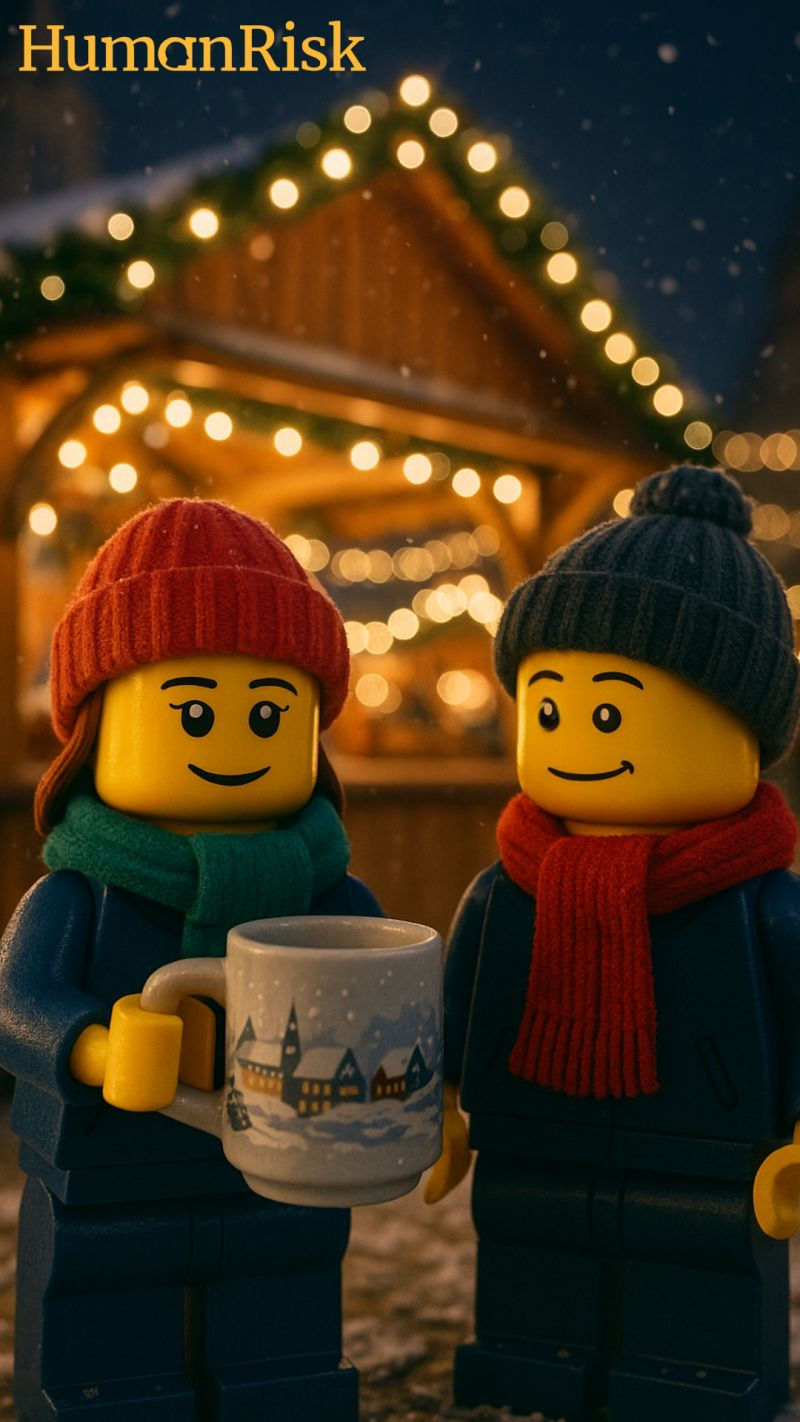Flagging up Risk
- Christian Hunt
- Jan 25, 2023
- 2 min read
I usually get my news digitally. But since discovering I can get great coffee & read physical papers at my local bakery, I've added a morning newspaper fix. Today's Süddeutsche Zeitung — rapidly becoming one of my favourite news sources — COVID infographic offers two valuable Human Risk lessons.

Make it reader-friendly
The first is the 'reader-friendly' nature of it. I love the fact that they've used the colours of the German flag 🇩🇪 as the basis for the scale and that they've managed to communicate a lot of information in a straightforward way. If we want non-risk professionals to understand risk, we need to find ways to share it that make sense to them, not us.
The world is not black and white
The second lesson comes from the grey category at the top of the scale. 'keine Meldung' means 'no reports'; in other words, either no reported cases or no information. Nothing revolutionary about that, you might think. After all, they can't report data that doesn't exist. But think about the last risk or project dashboard you've seen. It probably used a RAG (Red, Amber or Green) scale rather than the vexillological ('flag based') one they've used here.
What RAG misses is the grey. Things where we don't have any data. Either because it's too early to say — for example, we've only just started a project, so how can we possibly know whether we're 'on track' or not? — or because the data doesn't or won't ever exist.
Putting grey on dashboards feels uncomfortable because it suggests we are ignorant. But it's actually honest. If we genuinely don't know something, we're better off saying so rather than pretending we do. We often focus on the data we have and report that rather than the data we should or could have but don't yet.
Conduct Risk dashboards are a great example of this. There's often no grey on them because they only report what Donald Rumsfeld called 'Known Knowns' like rule breaches or training modules completed. This usually means that all that gets discussed in meetings are things we already know are a problem and are fixing, not the Unknowns where even greater risk might lie.
Which brings me back nicely to my new morning ritual of reading a paper that means I'm better informed than I was before opening it. Not only do I know more, but I also have more visibility on what I don't know.




Comments